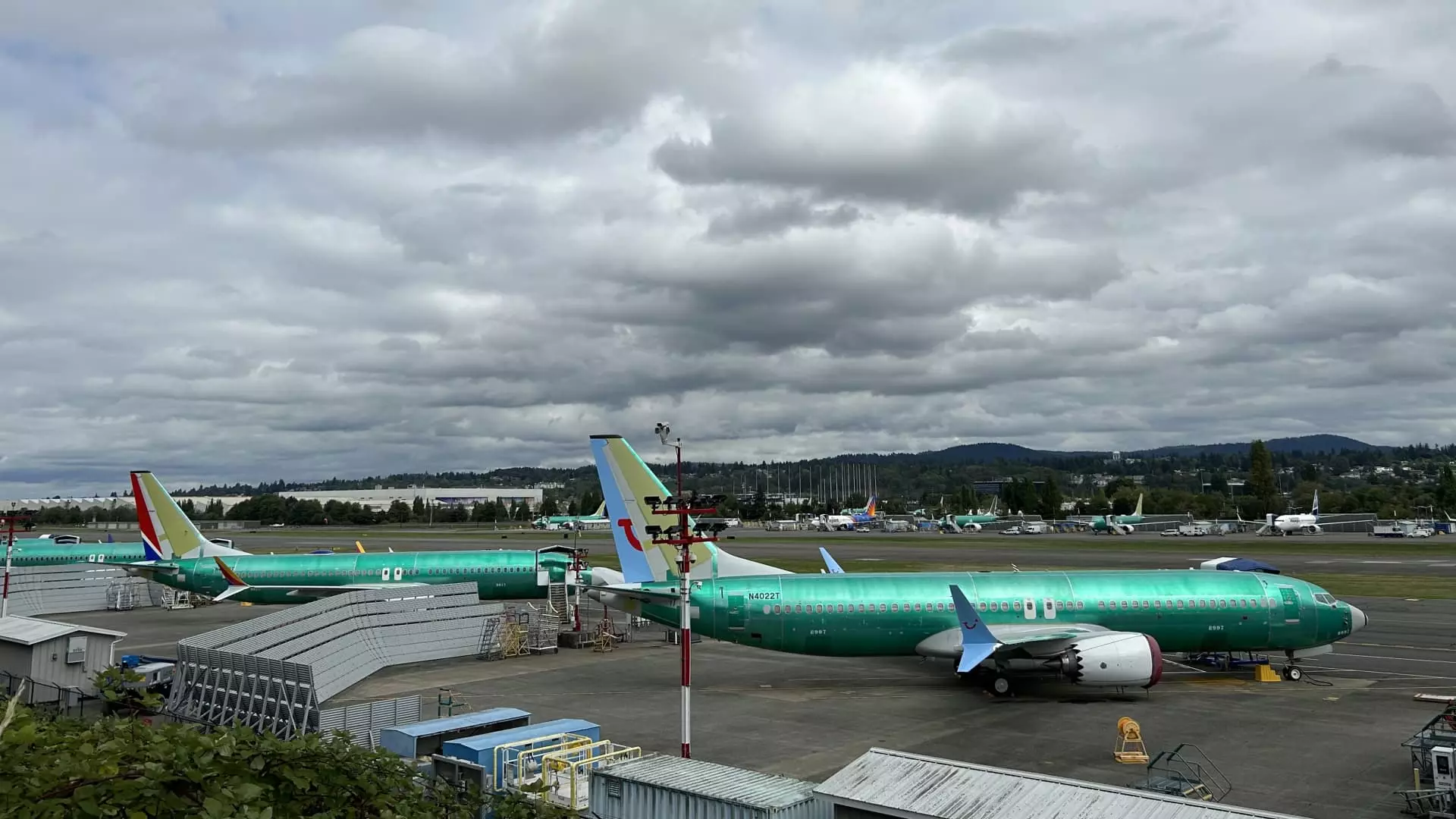In 2024, Boeing faced significant delivery challenges, handing over only 348 airplanes, which marks a dramatic drop of approximately one-third compared to the previous year. This downturn is attributed to a series of setbacks, including a significant midair incident involving a door panel blowout and a machinist strike. The strike lasted nearly eight weeks, temporarily halting production and exacerbating an already strained supply chain. These factors have not only limited Boeing’s operational capacity but also increased its delivery gap with Airbus, its chief competitor. In comparison, Airbus boasted an impressive delivery total of 766 jetliners, reaching its highest figures since 2019.
Both Boeing and Airbus have been grappling with supply chain disruptions that continue to hinder their ability to meet soaring demand. Despite robust backlogs, the realities of a constrained supply chain have forced both companies to make tough decisions, often leading to delayed production timelines. The implications of these challenges are far-reaching; with fewer airplanes available, lease rates are projected to soar, driven primarily by a shortage of aircraft. Aviation data firm IBA has forecasted record lease rates, underscoring the increased financial pressure on airlines that are desperately seeking to expand their fleets.
Despite the setbacks in deliveries, Boeing reported a total of 142 gross orders in December alone, demonstrating a commitment to regaining its footing in the market. Key orders included 100 737 Max planes for Turkey’s Pegasus Airlines and 30 787s for flydubai, which highlighted a strong desire for modern aircraft among airlines. However, it’s worth noting that Boeing’s overall performance showed a net loss of over 130 orders, primarily due to the fallout from India’s Jet Airways, which ceased operations. This brings Boeing’s total gross orders for the year to 569, with net orders resting at 377 when accounting for cancellations and adjustments.
As Boeing navigates through these trials, the company is poised for a critical moment. On January 28, executives, including CEO Kelly Ortberg, will be addressing investors, outlining their strategies for ramping up production and restoring profitability. The upcoming discussions will likely focus on how Boeing plans to overcome current production bottlenecks and enhance its delivery capabilities in the competitive aerospace market. Failure to address these issues may not only affect Boeing’s market position but could also have lasting repercussions on its reputation and financial health.
Boeing is at a distinctive juncture where the convergence of supply chain strains, production delays, and competitive pressures necessitates swift and effective responses to reinstate its standing in the aviation industry. The coming months will be crucial for Boeing as it attempts to reclaim lost ground and stabilize its operations in an ever-evolving aerospace landscape.

